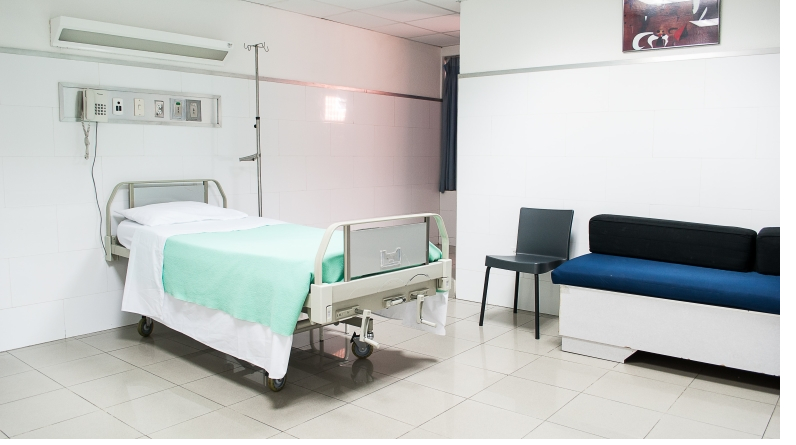Introduction:
The kitchen is the heart of every home, where delicious meals are prepared, and cherished memories are made. However, it is also a place where accidents can happen if proper safety measures are not followed. Understanding the importance of safety in the kitchen is crucial for maintaining a secure environment and preventing potential mishaps. In this article, we will explore seven essential kitchen jobs that everyone should be aware of to prevent accidents and promote a safe culinary experience.
Proper Handling and Storage of Knives:
One of the most basic yet critical kitchen skills is the proper handling and storage of knives. Always use a sharp knife to avoid exerting excessive force and losing control. cook jobs new york When not in use, store knives in a designated knife block or a drawer with blade guards to prevent accidental cuts while reaching for utensils.
Safe Food Handling:
Foodborne illnesses can be easily prevented by practicing safe food handling techniques. Always wash hands thoroughly before and after handling raw meat, poultry, or seafood to avoid cross-contamination. Use separate cutting boards for different types of food, and ensure they are cleaned properly. Cook food at the appropriate temperatures to kill bacteria, and refrigerate leftovers promptly.
Fire Safety Measures:
The risk of fire in the kitchen should never be underestimated. Familiarize yourself with fire safety measures, such as keeping a fire extinguisher within reach and knowing how to use it. Regularly check smoke detectors and keep a fire blanket nearby. Avoid leaving cooking unattended and ensure that flammable materials, such as kitchen towels and curtains, are kept away from heat sources.
Proper Use of Electrical Appliances:
Electrical appliances are integral to modern kitchens, but their misuse can lead to accidents. Always read the instruction manuals before using any electrical appliance and follow the recommended safety guidelines. Avoid using damaged or frayed cords and make sure outlets are not overloaded. Unplug appliances when not in use and exercise caution when handling electrical equipment near water sources.
Preventing Slips, Trips, and Falls:
Slippery floors, cluttered countertops, and poorly placed objects can cause slips, trips, and falls in the kitchen. Clean up spills immediately, use non-slip mats near sinks and stoves, and ensure that all electrical cords are tucked away to avoid tripping hazards. Keep the kitchen organized by arranging utensils, pots, and pans in a logical and easily accessible manner.
Handling Hot Objects:
Burns and scalds are common kitchen injuries that can be avoided with proper handling of hot objects. Always use oven mitts or potholders when handling hot pans, pots, and baking trays. Avoid placing hot objects on unstable surfaces and be cautious when opening the oven or microwave to prevent steam burns. Use long utensils or tongs to handle items in boiling liquids.
Chemical Safety:
Cleaning agents and chemicals are essential for maintaining a clean kitchen, but they can also pose risks if mishandled. Keep chemicals in their original containers and store them in a designated area away from food preparation areas. Always follow the instructions and use gloves and masks if necessary. Ensure proper ventilation to prevent the buildup of fumes.
Conclusion:
Maintaining a safe kitchen environment is of utmost importance to prevent accidents and injuries. By practicing these seven must-know kitchen jobs, you can significantly reduce the risk of mishaps and create a secure space for yourself and your loved ones. Remember, safety should always be a top priority in the kitchen to enjoy the pleasures of cooking without any unfortunate incidents.







